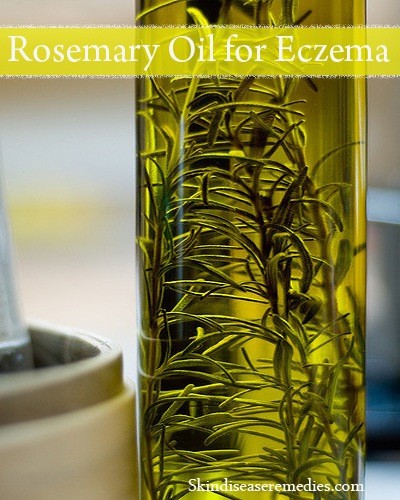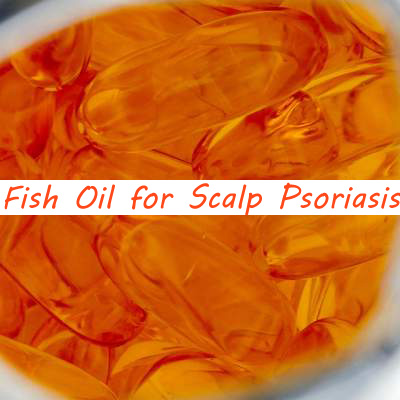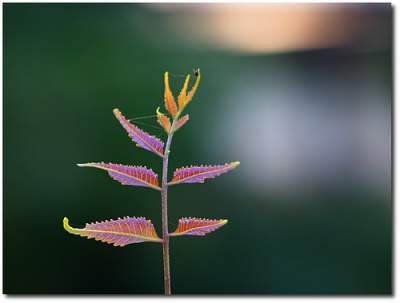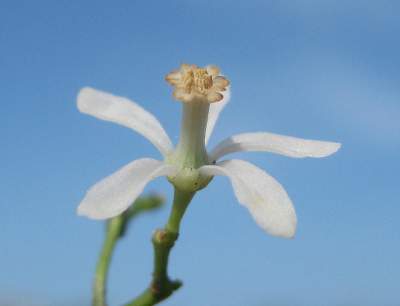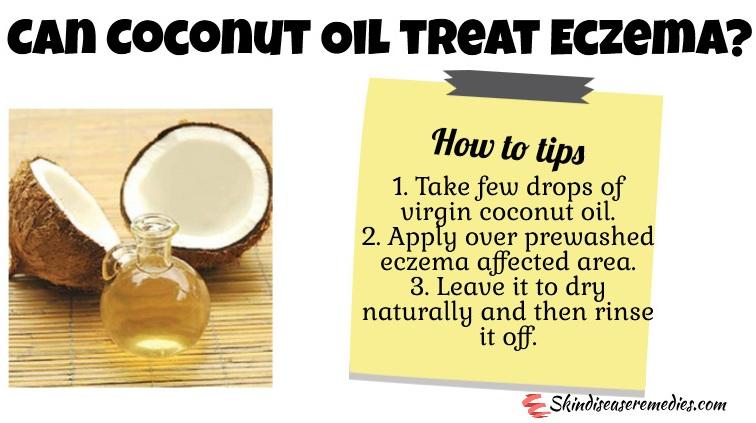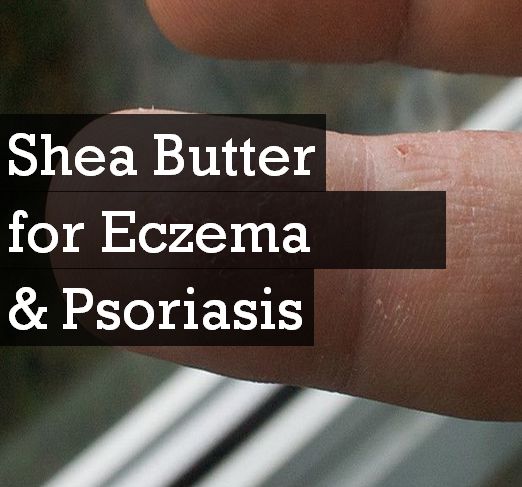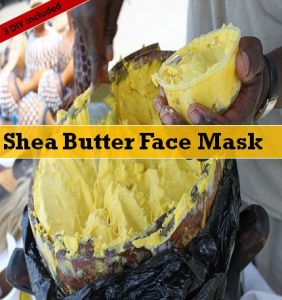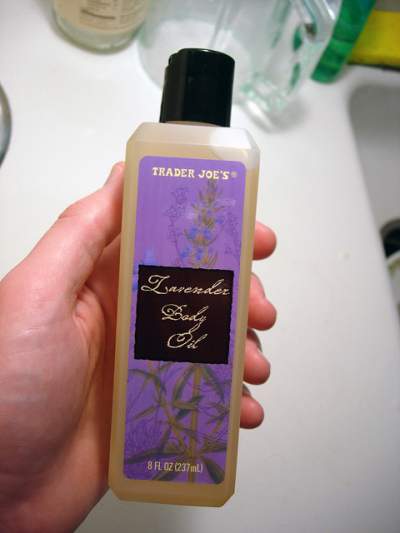
Main cause of this autoimmune disease remains unknown. Some hold hereditary, stress, anxiety, food allergens and other factors to trigger psoriasis. While, using lavender oil for psoriasis can have positive effect, but treating it completely is complicated.
Let me reveals this, according to researchers you can’t treat psoriasis permanently. Whenever you come in contact with irritants, scratching and peeling commence.
Life can’t be full of enjoy, you’ve to deal with hurdles on the way.
But, if you decide to follow comprehensive treatment regimen, then you can avoid psoriasis conditions.
Lavender Oil for Psoriasis
Approximately 3 percent of world population is affected by psoriasis. It’s not contagious. Scaly silver patches are formed when skin cells replicate quickly than normal rate. Your body fails to shed these extra skin cells and as a result dry patches appear.
Lesions can be painful, itchy and bleed when they crack. Psoriasis can spread to scalp and other parts of body. Scalp psoriasis results in hair fall and scaly patches.
OK, on to lavender oil.
Ancient texts relieve about the extensive use of lavender oil for healing, perfumes, bathing, cooking and religious purposes for about 2500 years.
In modern day, this versatile oil is used in aromatherapy, health and cosmetic purposes. Studies show that 80mg lavender oil capsules can improve sleep and alleviate depression and anxiety.
- Healing properties in this essential oil relieve stress and heal lesions. It hydrates the dry itchy patches and refrain infectious bacteria.
- Antimicrobial activity of this essential oil can restrain infectious bacteria and fungi.
- Antioxidant agents thwart free radical that damage skin cell membrane and avoid premature aging wrinkles.
- It’s really embarrassing to have psoriasis patches; often it leads to depression and stress. Aromatic smell of lavender oil can lift your mood. Add few drops of lavender essential oil in hot water and keep it beside your bed.
- Anti-inflammatory property residing in this essential oil will fasten the healing process and restore affected area with new skin cells.
- It rejuvenating activity will bring back the new layer of the skin.
How to Use Lavender Oil to Treat Psoriasis?
Impurities and dead cells accumulate over the skin. Initially, you must cleanse them gently with water and pat dry using soft cloth.
As a spot treatment directly apply lavender essential oil on lesions using cotton swab.
When applying over large areas, blend other oils like geranium, oakmoss, vetiver, pine, jojoba, coconut, florals, cedarwood or clove oil with lavender oil.
Essential oil in some cases may irritate your skin and result in allergic symptoms. So it’s recommended to mix carrier oil to dilute them.
Note: Patch test before topically using it over the skin.
Talk to your doctor if you experience serious itching and inflamed patches.
Essential Oils Bath Recipe for Psoriasis
Blend 4 drops of lavender essential oil with 4 drops of bergamot oil, 1 teaspoon virgin olive oil, 1 teaspoon of jojoba oil, 2 drops of German chamomile oil, 1 cup of finely grounded oats and ½ cup of Dead Sea salt.
Place above mixture in pop sock and soak to warm bath water. Make sure that ingredients dissolve in water. Take bath with this nutrients mixed water to moisturize your skin
Important points
- Stay away from irritants that can result in itching and dry skin.
- Drink enough water to hydrate your skin and consume water rich diet.
- To avoid scratching, apply natural moisturizers like jojoba oil, lavender oil or olive oil before going to bed.
- Don’t wear clothes that can cause itching and dry skin.
- Excess use of creams and face wash will strip natural moisture on the skin.
Will you consider buying lavender oil for psoriasis?

